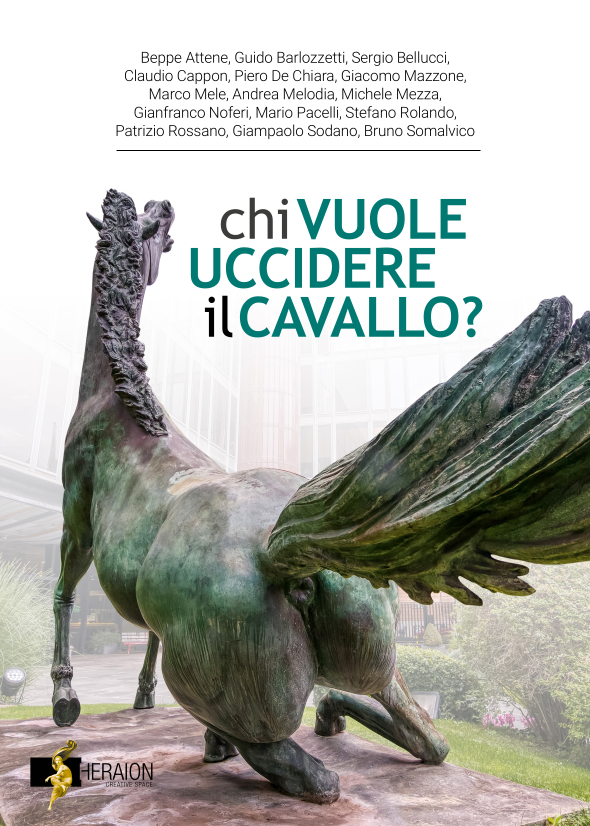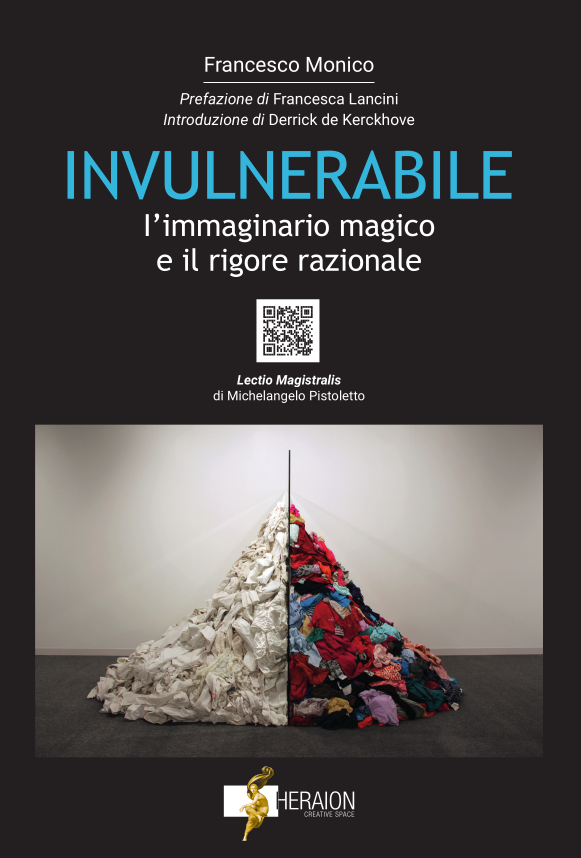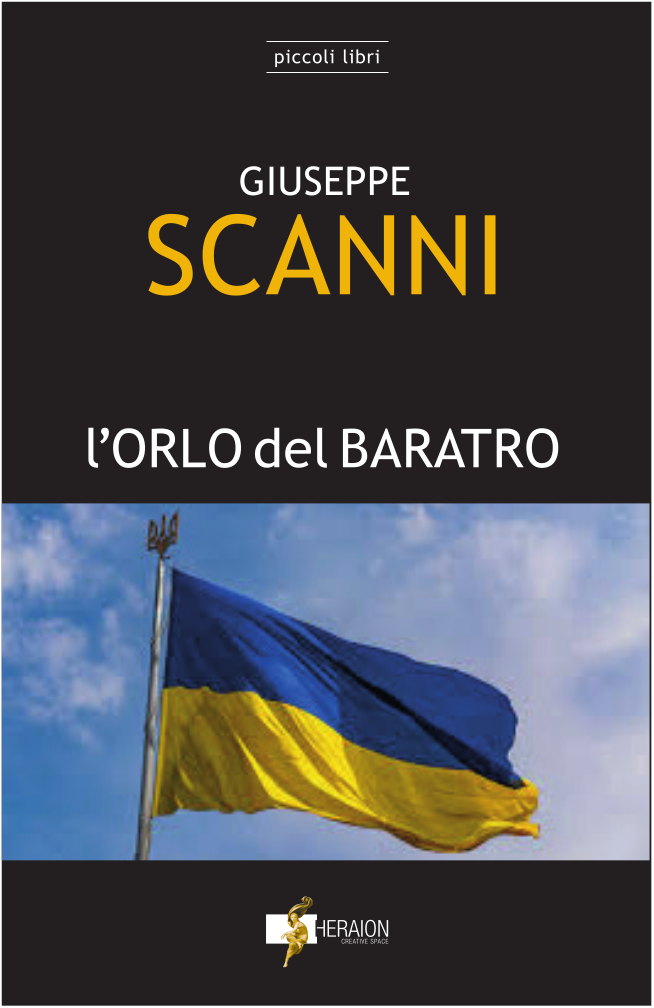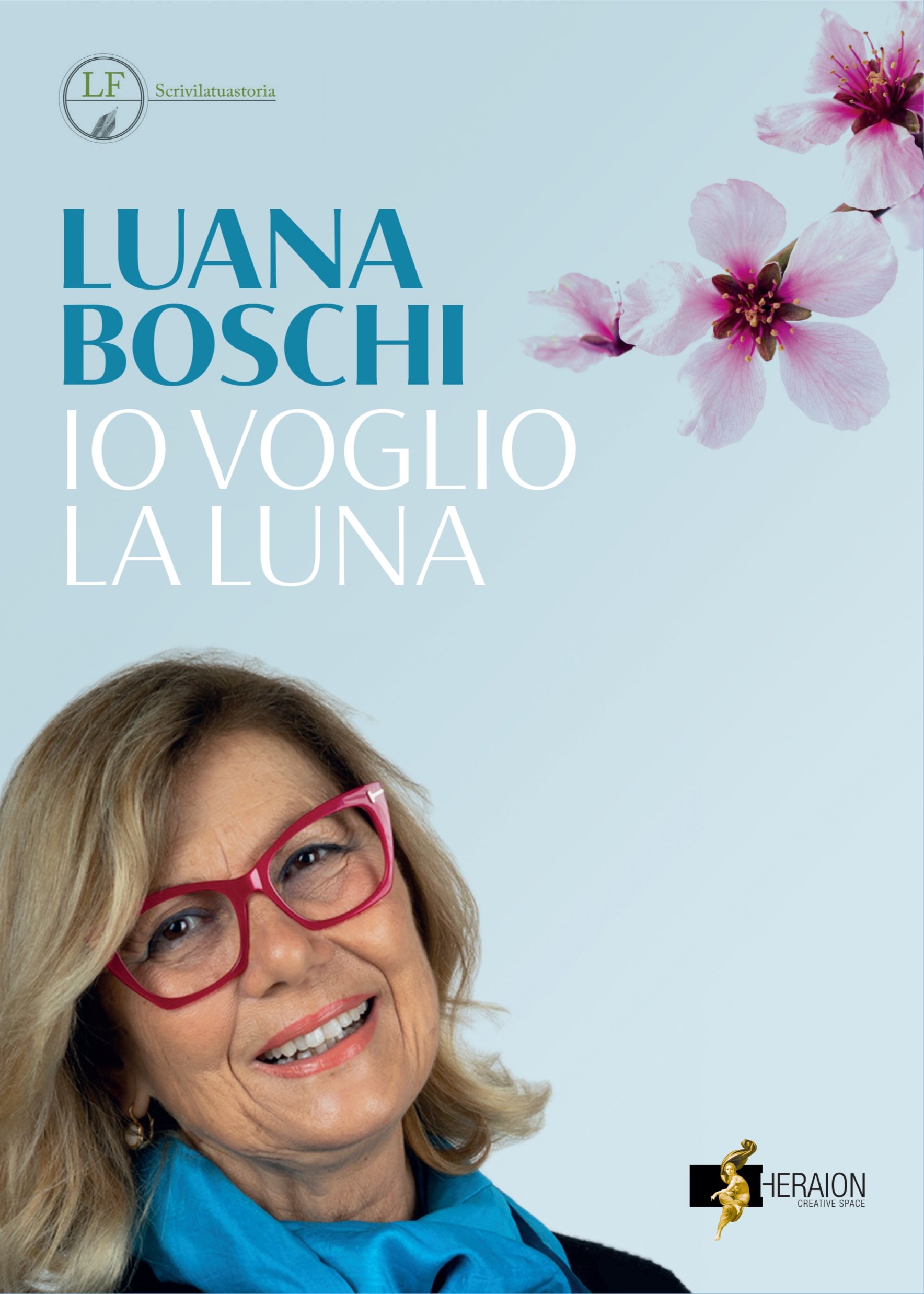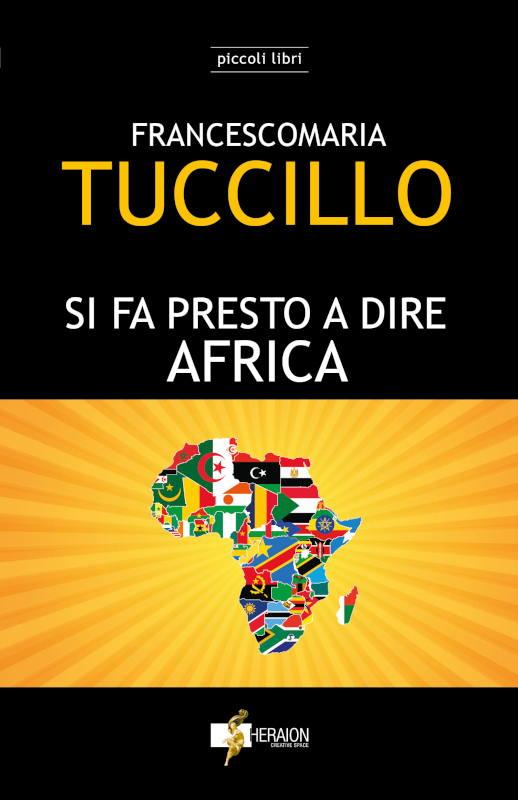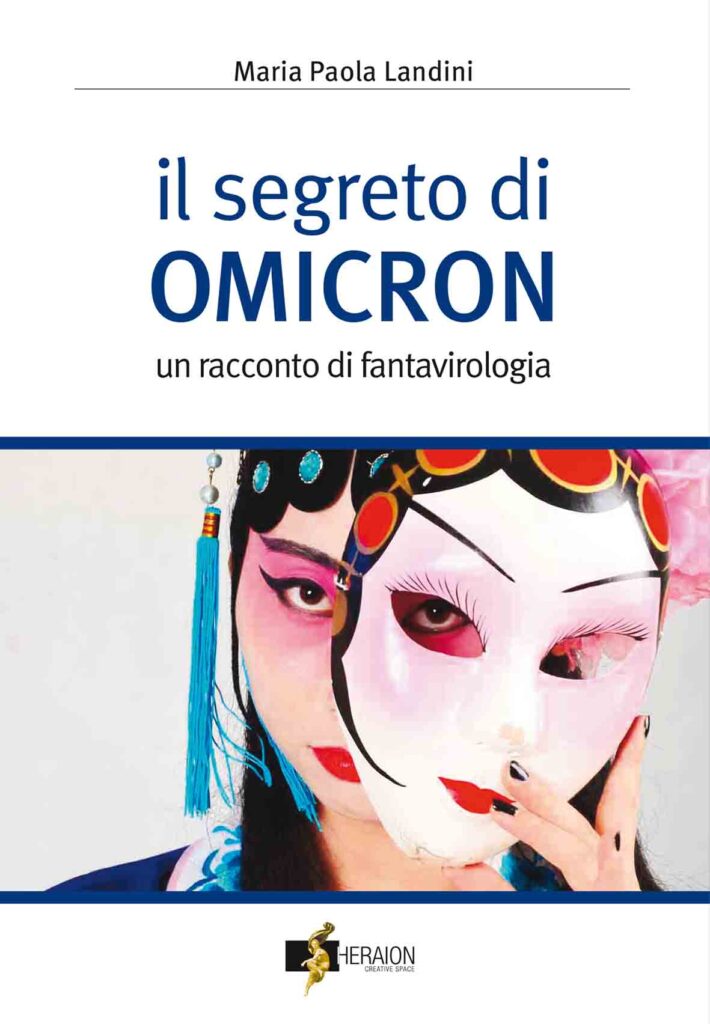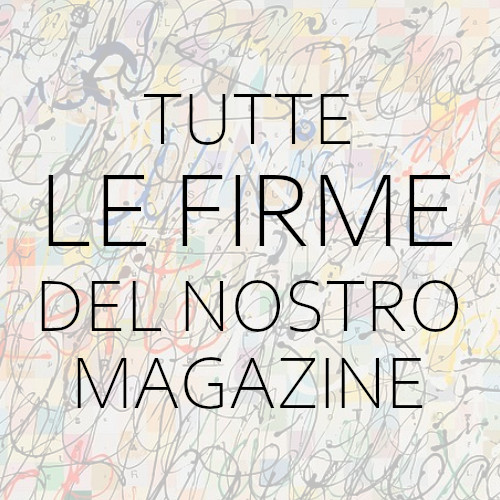THE WESTERN POLITICAL THOUGHT
Part I
Abstract: L’articolo tratta del pensiero politico occidentale in relazione al cristianesimo durante la tarda antichità, evidenziando l’impatto della figura di Gesù Cristo come promotore di una “rivoluzione ideale” basata su princìpi filosofici e politici, tra cui la solidarietà e il rispetto per l’autorità statale. Successivamente, l’analisi si concentra sull’influenza del cristianesimo sul potere politico, con particolare attenzione al ruolo dell’imperatore Costantino nel IV secolo, che ha avviato la “cristianizzazione della politica”. Questa fase ha dato origine al cesaropapismo, una dottrina che combina il potere politico e religioso, caratteristica dell’Impero Bizantino. Nel contesto occidentale, invece, i papi hanno resistito a tali tendenze, difendendo l’autonomia della Chiesa contro le interferenze secolari.
Whether viewed as the Son of God or as a mere human, Jesus Christ initiated a profound “ideal revolution” founded on key philosophical and political principles. One of these central ideas was the notion of solidarity among people, epitomized by the commandment, “Love your neighbour as yourself” (Matthew 22:37-39). Christ, as both the “Son of the Father” and a “true God and true Man,” embodies the connection between the divine (metaphysical) and the human. His teachings also emphasized respect for state authority, encapsulated in the phrase, “Render therefore unto Caesar the things which are Caesar’s; and unto God the things that are God’s” (Mark 12:17).
The Gospels, followed by the early Christian Apologists, and later thinkers such as St. Augustine in Patristics and St. Thomas in Scholasticism, developed the Christian philosophical doctrine. This doctrine assigned faith a pivotal role in guiding rulers and shaping politics, thereby influencing human conduct within society. Christianity’s ultimate aim, however, transcends the earthly realm, elevating the importance of spiritual transcendence. Nonetheless, the religious community inevitably engages with the secular political order.
Christianity maintains a clear distinction between religious obligations and political duties, grounded in two fundamental transcendent principles: first, that political power is derivative, as it originates from the authority of God; and second, that the legitimacy of the earthly order is valid only to the extent that it mirrors and expresses the divine order.
Constantine the Great
A pivotal moment occurred in the 4th century with the “Christianization of politics” initiated by Roman Emperor Constantine. In his ideological vision, political power could no longer be founded or legitimized outside of the theological framework. As a result, the Church gradually took on a more pronounced political role, ultimately challenging the very notion of political authority. This gave rise to a dualism between the State and the Church, leading to contradictions and conflicts. On one side, power could not be entirely subordinated to religious authority, while on the other, the idea of political power self-deifying was equally untenable.
The philosopher Eusebius of Caesarea (265–340 AD) interpreted Constantine’s transformative moment through a theological-political lens, articulated in three key stages: 1) God’s incarnation during the Roman Empire signified His active presence in history. 2) God, through Jesus Christ, chose to “enter history” at the most opportune time—when the Roman Empire had ceased its expansion and ruled over the known world. 3) Constantine and his successors, as protectors of this imperial unity, were also seen as God’s vicars, mediators between heaven and earth, imbued with a sacred function. This sacral role, though previously granted to Roman emperors by paganism, which recognized them as pontifex maximus, was now fused with Christian theology.
From these interpretations emerged the doctrine of Caesaropapism, which viewed the emperor as both the highest temporal and spiritual authority, surpassing even the Pope in power and religious significance.
Caesaropapism
Caesaropapism refers to the merging of political and religious power, where a head of state also assumes the role of religious leader, issuing laws that regulate ecclesiastical organization and forms of worship. This tendency emerged prominently in the Eastern Roman Empire, particularly after the Greek Church’s separation from the Roman Church. The Byzantine emperors took on the role of religious sovereigns, viewing themselves as the successors and continuators of the apostles’ mission.
In contrast, in the West, popes opposed Caesaropapist practices, especially figures like Innocent III and Boniface VIII, who staunchly defended the Church’s authority against secular interference. However, Caesaropapist tendencies can also be seen in the actions of French King Philip the Fair in the early 14th century, who imposed taxes on the Church and asserted the sovereign’s right to summon bishops to trial.
In the modern era, Caesaropapism evolved with the rise of new, independent state entities, marking the decline of the universal powers of both the Church and the Holy Roman Empire. These states sought to assert their autonomy, further complicating the relationship between political and religious authority.
SEGNALIAMO
-
“BASTA CHE SE MAGNA”: DA GRAMSCI AI MAGA

Ora è confermata l’attrazione degli ultra-conservatori verso il comunismo. Dopo l’atteggiamento servile del presidente americano Donald Trump verso Vladimir Putin, ecco che il Wall Street Journal propone: “Meet MAGA’s Favorite Communist” (Incontrate il comunista preferito dai MAGA). La sorpresa è che a far apprezzare l’ideologia comunista ai capitalisti ultra-conservatori americani è il filosofo marxista sardo Antonio Gramsci…
-
IL COMUNISMO DI BOLOGNA: DA ROSSO A LEPORINO

A Bologna, nel retro dell’edificio comunale in piazza Maggiore, svettano gigantografie per effigiare stati d’animo inquietanti: Bolognesi dal primo giorno e Dalla parte giusta della storia. Ad un sardo come me accampato qui da quasi mezzo secolo suonano di sapore trogloditico e un po’ vagamente razzistico. Qual’è il disegno del sindaco Matteo Renzi (o forse…
-
LA MORTE DI PAPA FRANCESCO E LA CRISI DEL SACRO

La morte di un Pontefice, un tempo percepita come soglia mistica e momento di intensa partecipazione collettiva, appare oggi svuotata di significato spirituale. La figura del Papa, che rappresentava il vertice della dimensione sacrale nella coscienza occidentale, è stata progressivamente ridotta a un ruolo mediatico, quasi amministrativo, segno della crisi simbolica del nostro tempo. La…
-
L’AMERICA DI TRUMP SOTTO PRESSIONE

Trump ha dovuto iniziare un percorso inverso a quello che ha cominciato in questi primi mesi di mandato e soprattutto in questi ultimi giorni con il caos impresso a tutti i mercati mondiali. Però il rinvio di novanta giorni, i prevedibili contatti ed i possibili accordi che si registreranno in questo periodo non basteranno a…
-
DAZI DA PAZZI SENZA FRIZZI E LAZZI, POI LA RETROMARCIA
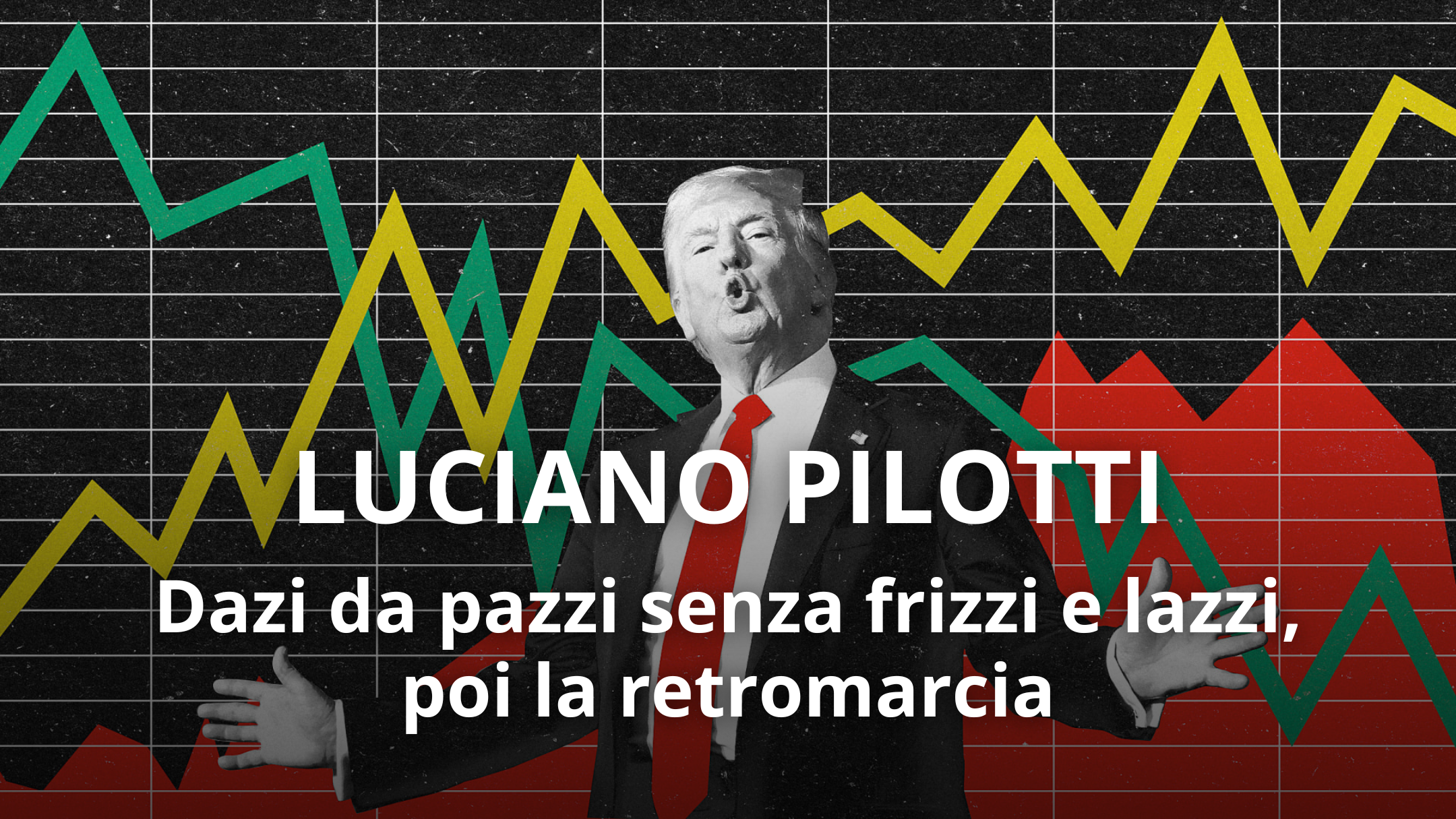
Siamo a “scherzi a parte”? Strategia UE con “minacce credibili” e reciprocità riattivando la forza del WTO con un multilateralismo dinamico che riavvii il commercio mondiale con regole stabili e condivise come motore di pace e antidoto ai nazionalismi nel contrasto agli “(endo)barbari” ai confini dell’Occidente. E’ il Day of Liberation ” – dice Trump (or of…
-
LA SVOLTA PROTEZIONISTA DI TRUMP E IL DECLINO DELL’EUROPA

Oggi, tra globalizzazione e nichilismo Il 2 aprile 2025, nel Rose Garden della Casa Bianca, Donald Trump ha proclamato il “Liberation Day”, annunciando un dazio universale del 10% su tutte le importazioni statunitensi, con aliquote punitive fino al 25% per 60 Paesi accusati di pratiche commerciali sleali. Le misure, entrate in vigore il 5 aprile (e…
-
IL CIVISMO COME NUOVA GRAMMATICA POLITICA

di Giorgio Del Ghingaro Sindaco di Viareggio Superare la crisi della rappresentanza con partecipazione, responsabilità e concretezza: un orizzonte politico che nasce dai cittadini e ritorna ai territori. Premessa: un nuovo paradigma di partecipazione. Viviamo in un’epoca in cui i modelli tradizionali della politica mostrano segni evidenti di esaurimento. L’astensionismo cresce, la fiducia nelle istituzioni…
-
IL VOLONTARIATO DI “LOTTA” E DI “GOVERNO”

Il volontariato italiano deve essere “di lotta e di governo” perché è ormai evidente che senza i volontari il welfare non sta in piedi.Ovviamente sto “facendo il verso” al famoso slogan berlingueriano “partito di lotta e di governo”. Con dei distinguo significativi. In primis il “volontariato di lotta” (il concetto di lotta si collega all’arte…
-
IN ATTESA DELLA PROSSIMA

In attesa della prossima che ci combina. E anche in attesa della visita di Giorgia Meloni alla Casa Bianca. Ascolta il podcast di attualità (n° 139):
-
THE WESTERN POLITICAL THOUGHT

The Rise of Modern Political Science Part II Abstract: L’articolo analizza le diverse risposte teoriche alla nascita dello Stato moderno. I monarchomachi, opposti a Bodin, sostenevanoo che la sovranità derivasse dal consenso popolare e non dal potere monarchico, legittimando la resistenza armata e persino il tirannicidio. François Hotman e Théodore Beza svilupparono una teoria contrattualistica…



